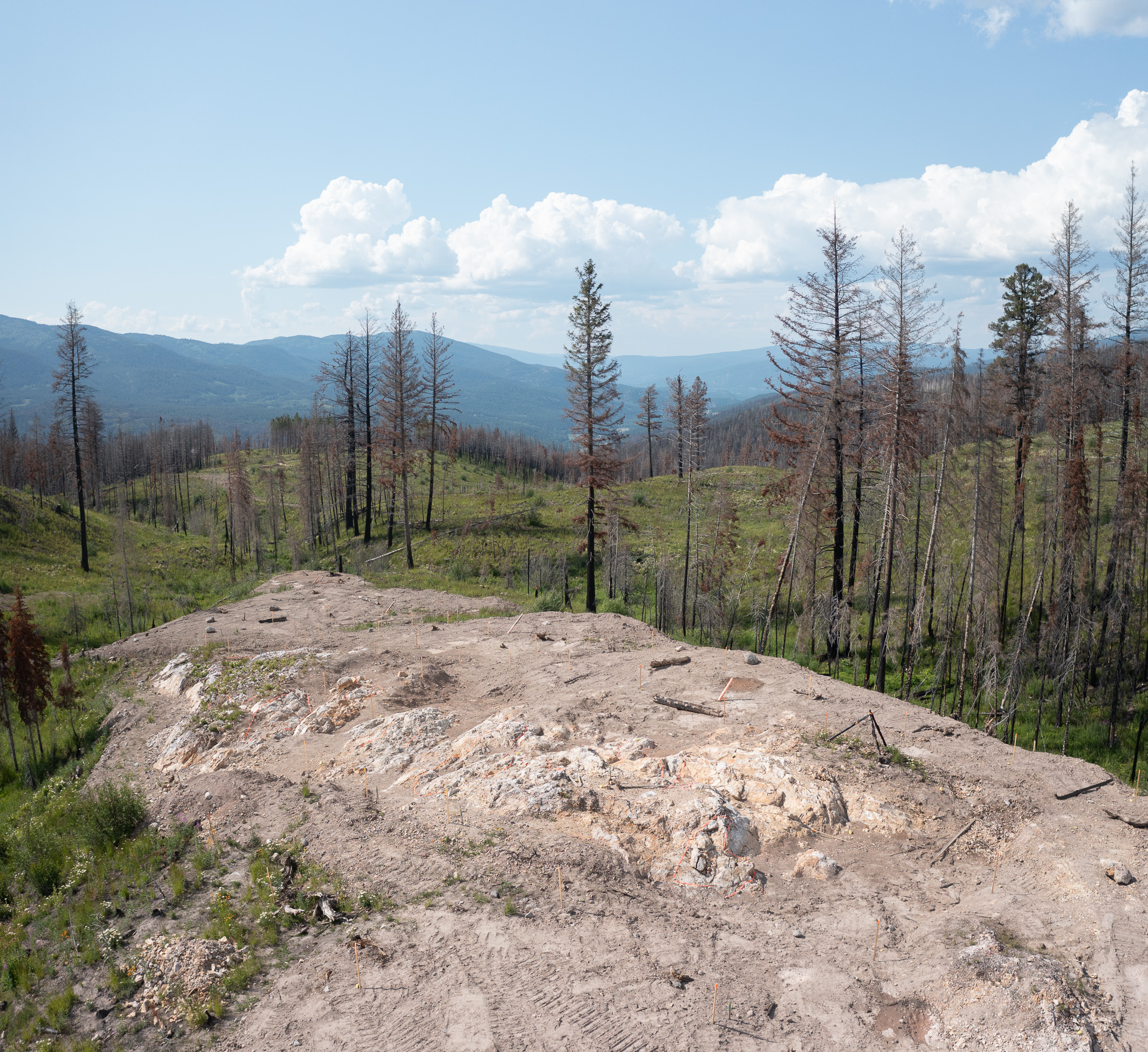Marijuana legalization must consider First Nations impacts
On Dec. 12, the Chiefs of Ontario condemned the vote in the Ontario Legislature which gave Royal Assent to Bill 174: Cannabis, Smoke-Free Ontario and Road Safety Statute Law Amendment Act. Passing this bill so quickly has skipped the process of adequate engagement and consultation with First Nation communities, leaving communities with unanswered questions, insufficient preparedness, and inequitable distribution of provincial resources.

Big Greens is one of 28 privately owned cannabis dispensaries located at Tyendinaga First Nation (Mohawks of the Bay of Quinte). CREDIT: BRYAN HENDRY
Currently, First Nations are not prepared to deal with all the ramifications of the legalization of recreational cannabis. This is a critical issue that will have significant impacts for First Nations and with a lack of resources for First Nation specific research, First Nation communities in Ontario are not yet in a position to understand what these impacts will be.
To reiterate our earlier call to the provincial government and the Standing Committee on Justice Policy, First Nations in Ontario were clear through collective resolutions that the provincial and federal governments should delay the legalization of cannabis in Canada and Ontario to allow First Nations the opportunity to prepare for implementation. This collective call has been effectively ignored by Ontario as Bill 174 has bulldozed through the legislative process. Debate on Bill 174 has been even more troubling. Following the Chiefs of Ontario submission to the Standing Committee
on Justice Policy, the New Democratic Party tabled six motions which were intended to support culturally appropriate education and prevention programs for First Nations youth, agreements with band councils for a share in the revenue of cannabis sales, and clear wording in the Act to ensure the respect of the inherent and treaty rights of First Nations peoples.
Unfortunately, all but education and prevention programs were defeated.
According to the debate records, resource revenue sharing was defeated without any real debate. Alternatively, the debate regarding respecting the inherent and treaty rights of First Nations peoples was rejected by the governing Liberals because: “…the governing law in Ontario (does) respect treaty rights, so this becomes redundant,” said Liberal MPP Arthur Potts.
I am truly shocked, as we know this isn’t the case. If inherent and treaty rights were respected through law in Ontario, we would see prosperity in economics, resource revenue sharing and the health and well-being of our people. These, not coincidentally, are all of the areas that still have hanging unanswered questions for First Nation communities with the bulldozing of this legislation.
There was not proper consultation, nor proper recognition of First Nation concerns in the passage of this legislation. This is extremely disappointing given the fact that our chiefs met with the premier and cabinet in November and held specific sessions on cannabis, and these concerns have been effectively ignored. Between now and July 1, 2018, First Nations must be fully engaged and involved in all aspects in the legalization of cannabis, and the monumental societal and economic shifts it will bring.
ISADORE DAY, Wiindawtegowinini, is Assembly of First Nations Ontario Regional Chief.





Comments